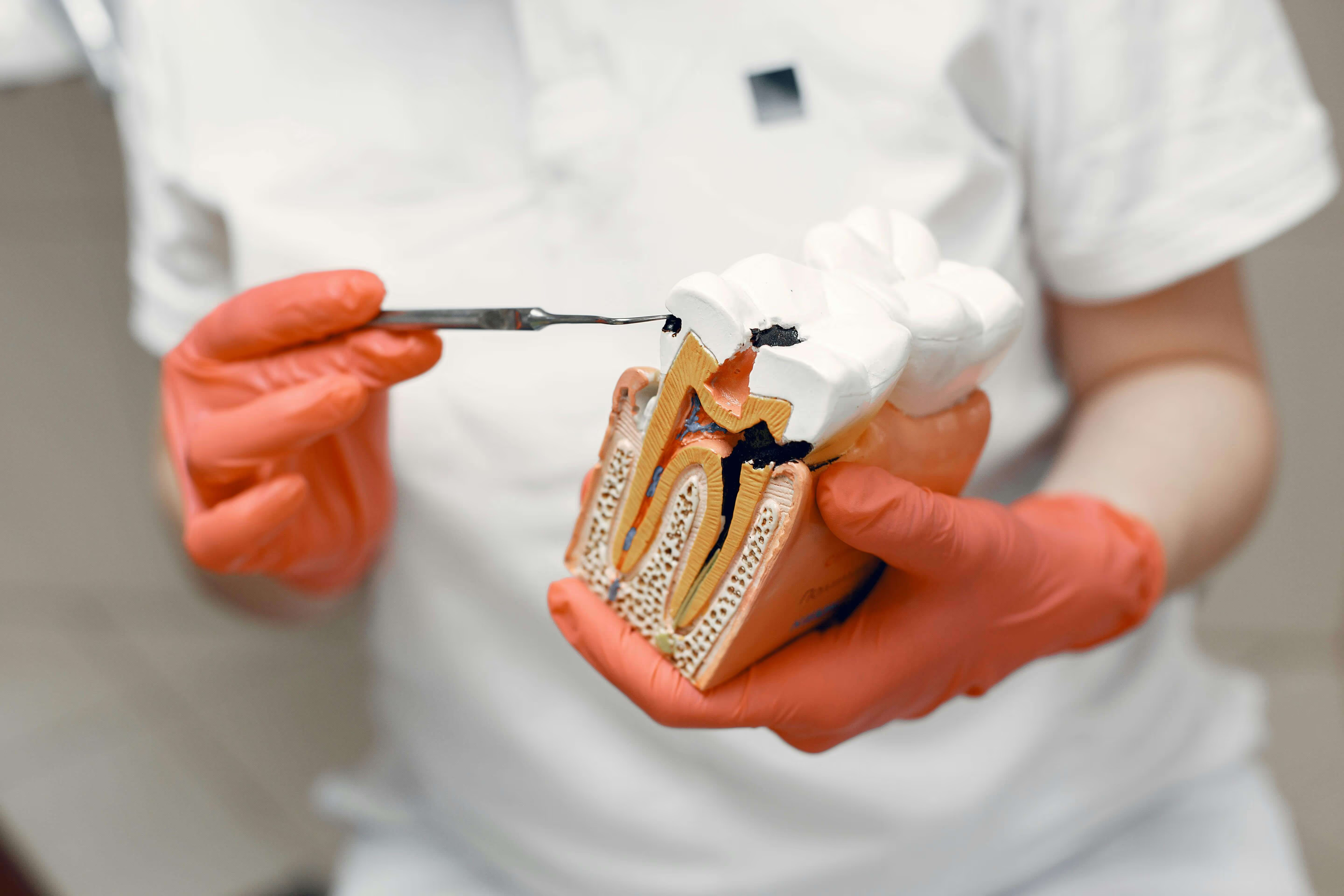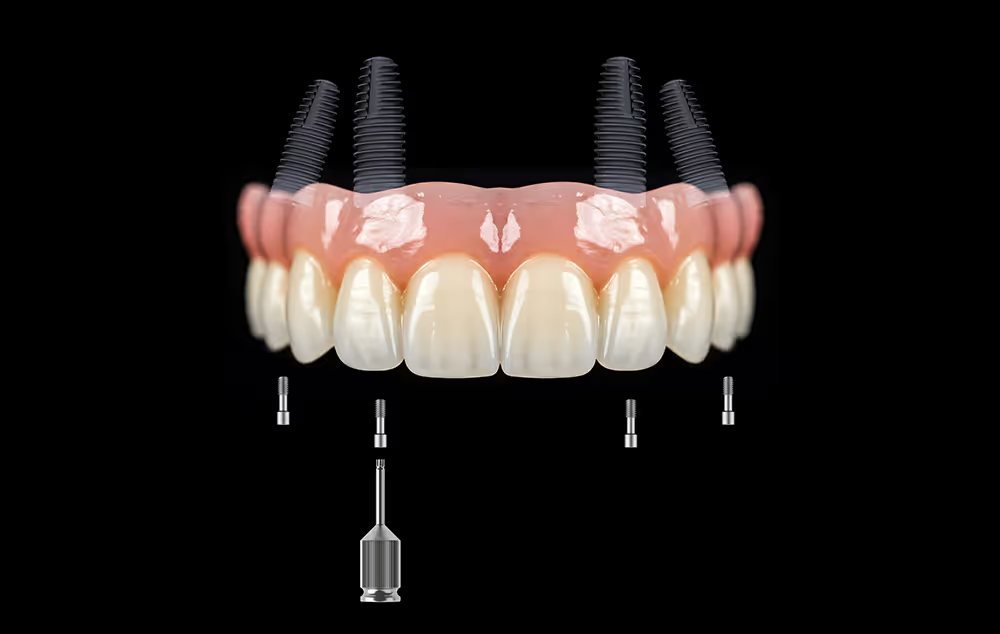The clinical term for bad breath is halitosis. Most cases of bad breath occur within the mouth and this is why improving your oral hygiene is the most effective way to eliminate bad breath.
Adopting a regular daily oral hygiene routine that includes brushing your teeth and tongue twice a day with fluoride based toothpastes, in addition to flossing, will help to remove the bacteria which generally causes bad breath.
There are other causes of bad breath which can be treated by your dentist and these include:
- Gum infections ranging from mild gingivitis to advanced Periodontal disease
- Decayed teeth
- A condition called ‘Dry mouth’ affecting the flow of saliva
- Tonsil Stones
- Fungal infections (aka Oral Thrush, Candidiasis)
- High presence of sulphur producing bacteria in the mouth
Other things that help reduce bad breath are:
- Drinking plenty of water
- Chewing sugar free gum after meals
- Stopping smoking
- Eating a well balanced diet
If your dentist finds that your mouth is healthy but you still have bad breath, you may be referred to your family medical practitioner as there are other causes of bad breath that do not originate in the mouth. These can include:
- Sinusitis and bronchitis including post-nasal drip
- Problems within the stomach
- Diabetes
- Liver and kidney problems
Bad breath is embarrassing and can lead to awkward situations personally and socially. If you think you might suffer from bad breath, please discuss this with us, as we can help you find a solution.
Other Blogs
Hearing the words “root canal” can make many people feel nervous, but modern dentistry has completely changed the experience. At Marius Street Family Dental in Tamworth, root canal treatment is a comfortable, effective, and pain-free way to save a damaged tooth and relieve ongoing pain.
All-On-X is a full-arch restoration technique where a full set of upper or lower teeth is supported by dental implants. These implants are strategically placed to maximise support, even in patients with bone loss.
Dental treatment is not cheap. There’s no denying that. So, what tips do we have to reduce your dental costs?





